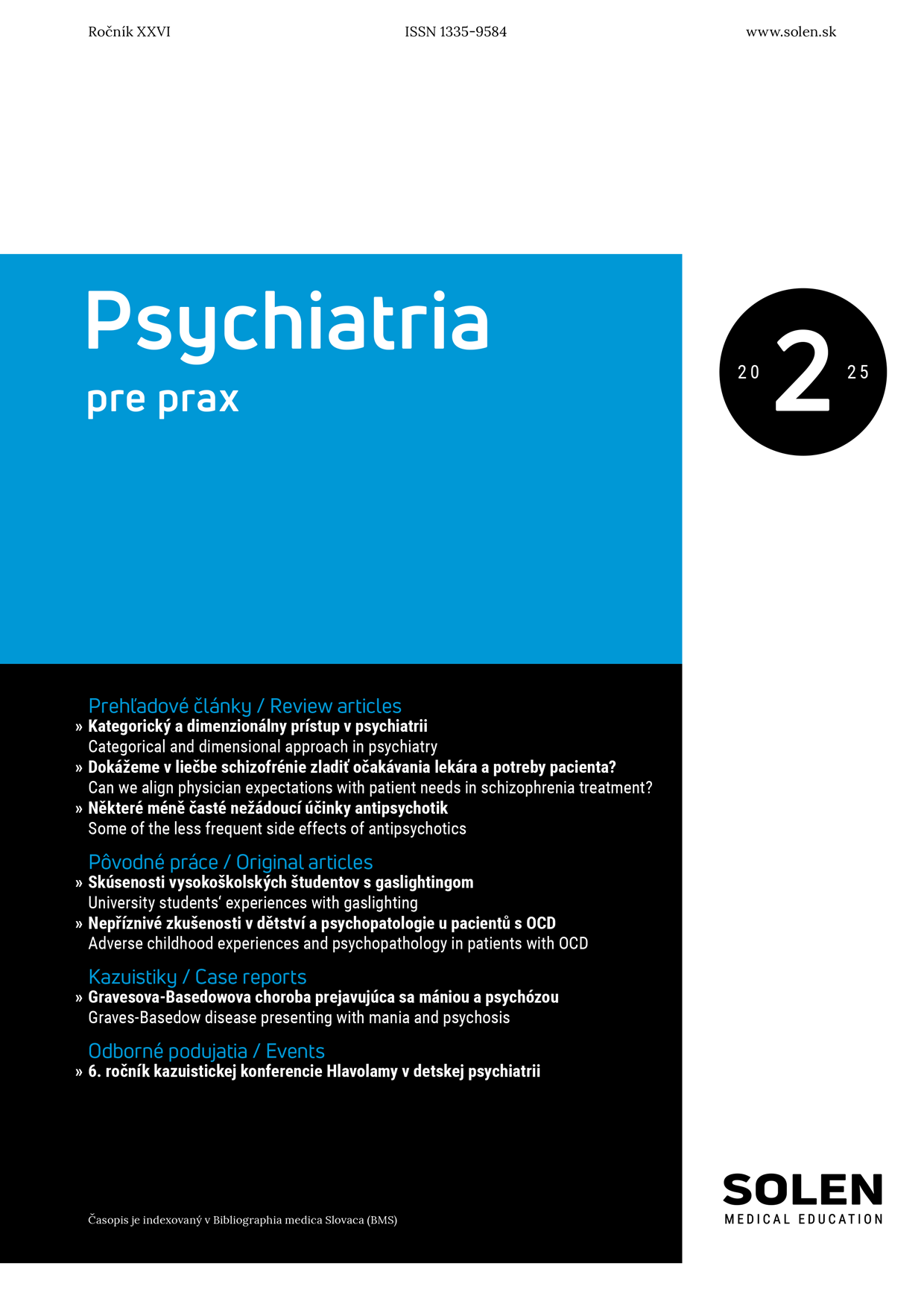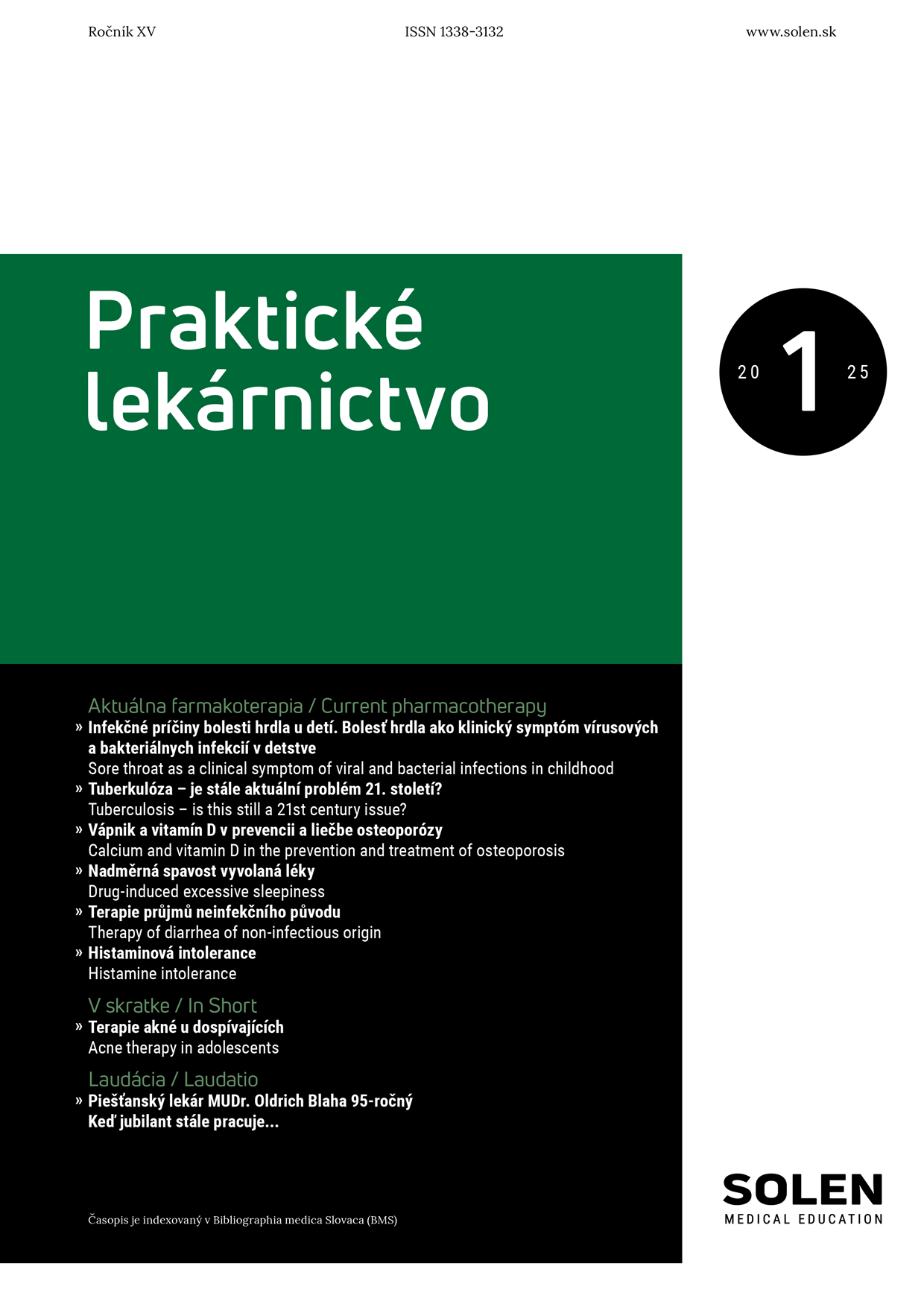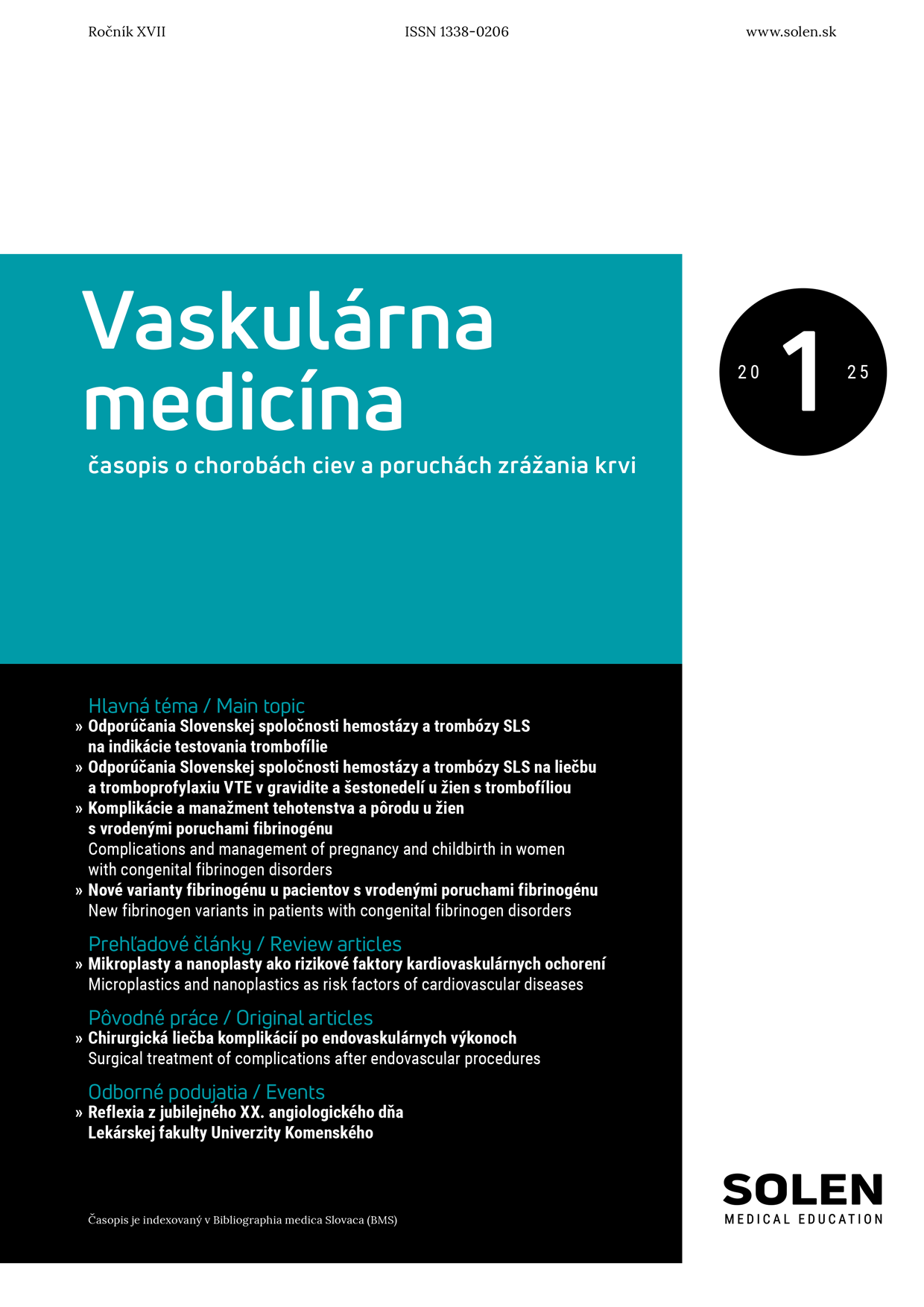Psychiatria pre prax 1/2013
Genetika úzkostných poruch
prof. MUDr. Ladislav Hosák, Ph.D., MUDr. Petr Šilhán, Mgr. Jiřina Hosáková
Podíl genetických faktorů na rozvoji úzkostných poruch je nejnižší ze všech skupin psychiatrických onemocnění – pouze 20 až 40 %. Rozhodující vliv mají faktory prostředí, zejména psychotraumatizující. Přestože řada genetických asociačních studií již u úzkostných poruch provedena byla, jejich výsledky jsou typicky negativní, nekonzistentní či nereplikované. Prakticky žádný gen není zatím možno označit za kauzální v etiopatogenezi úzkostných poruch. V budoucnu však lze zásadně nové poznatky získat pomocí celogenomových asociačních studií a genetickým výzkumem endofenotypů. Pomohou nám při vývoji nových biologických léčebných postupů úzkostných poruch.
Kľúčové slová: úzkostné poruchy, genetika, celogenomové asociační studie, endofenotyp.
Genetics of anxiety disorders
Heritability of anxiety disorders is the least of all psychiatric diseases – only 20 to 40 %. Environmental factors, especially the psychotraumatizing ones, are deciding. Although series of genetic association studies in anxiety disorders have already been performed, their results are typically negative, inconsistent, or non-replicated. On the present day, practically no gene can be considered as a causative one in the etiopathogenesis of anxiety disorders. A basically new knowledge can be attained by whole-genome association studies and genetic analyses of endophenotypes in the future. It will be useful in our finding of modern biological therapies in anxiety disorders.
Keywords: anxiety disorders, genetics, whole-genome association studies, endophenotype.


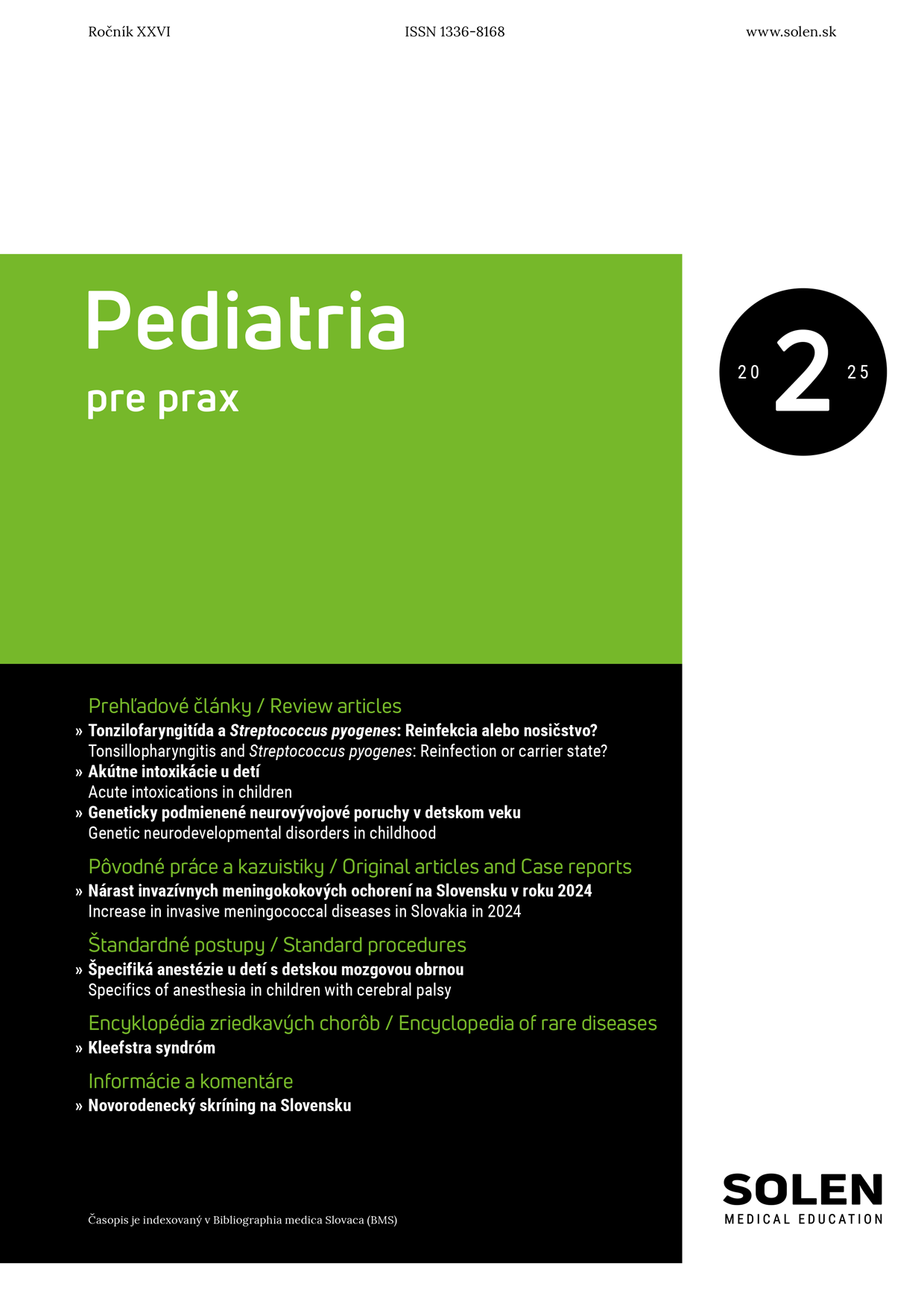
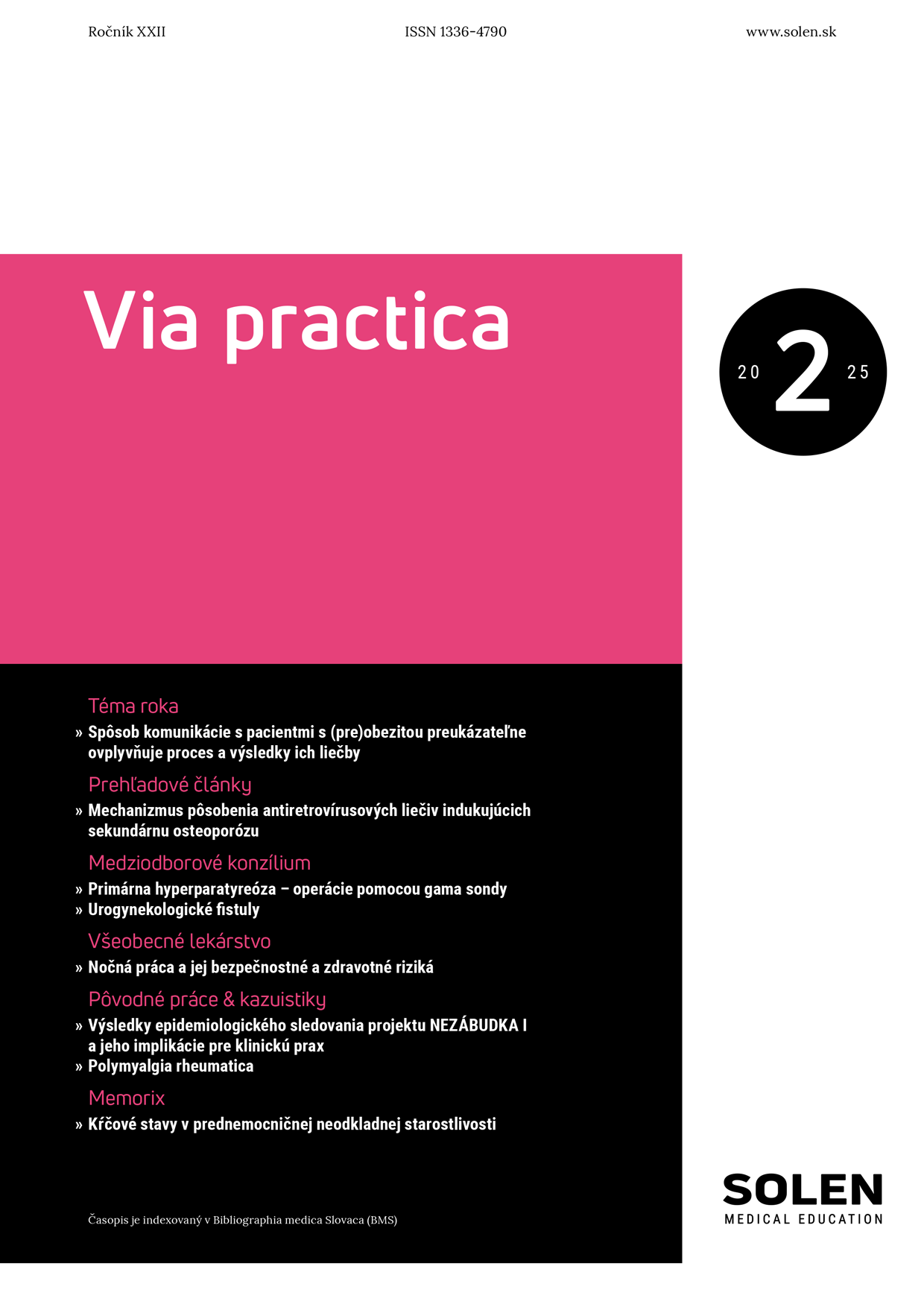
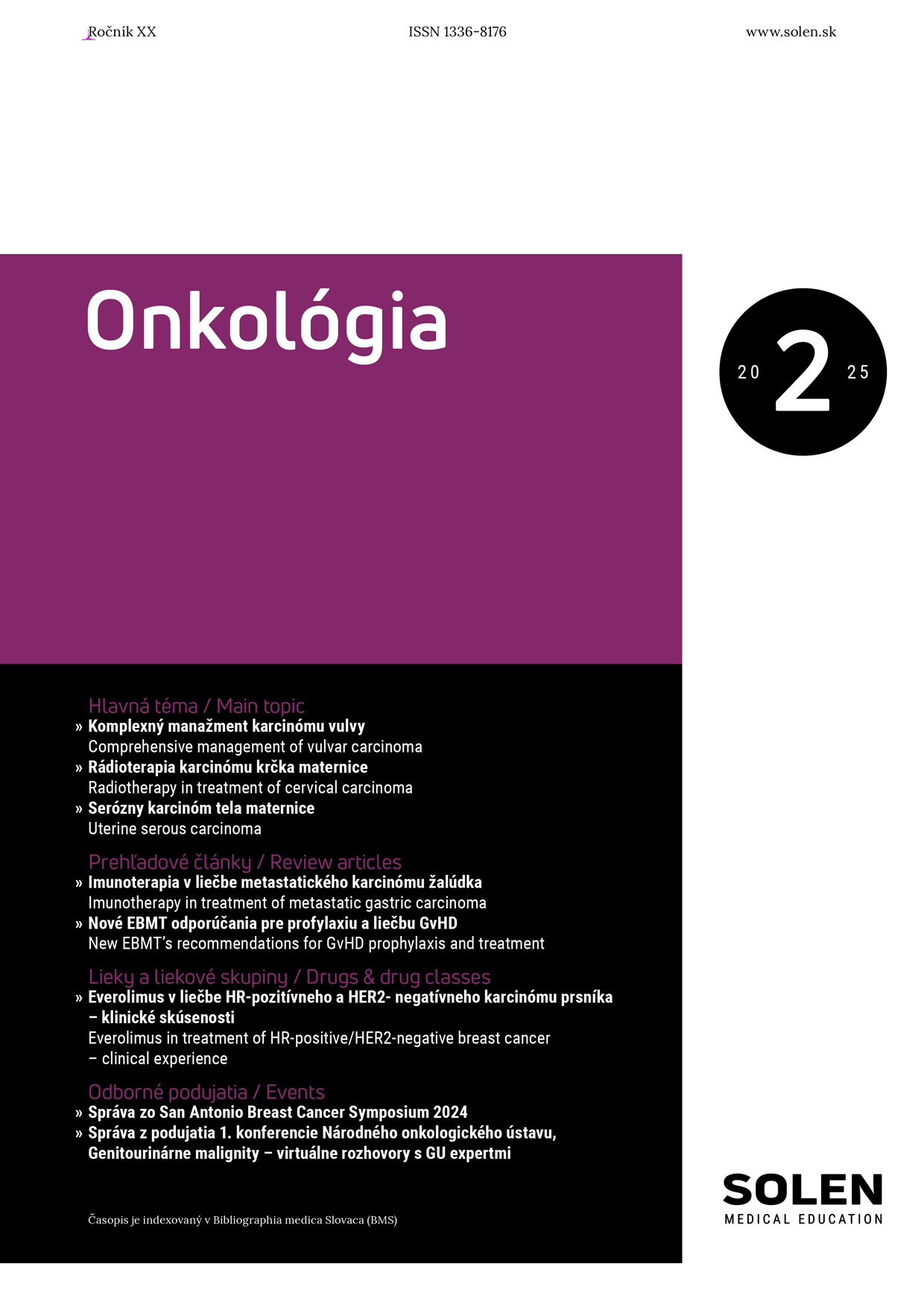
-1.png)
